Tools for High-Performing Teams
Build a better world with a better team
-
Peer Reviews: Critical Tips and Tricks for Managers
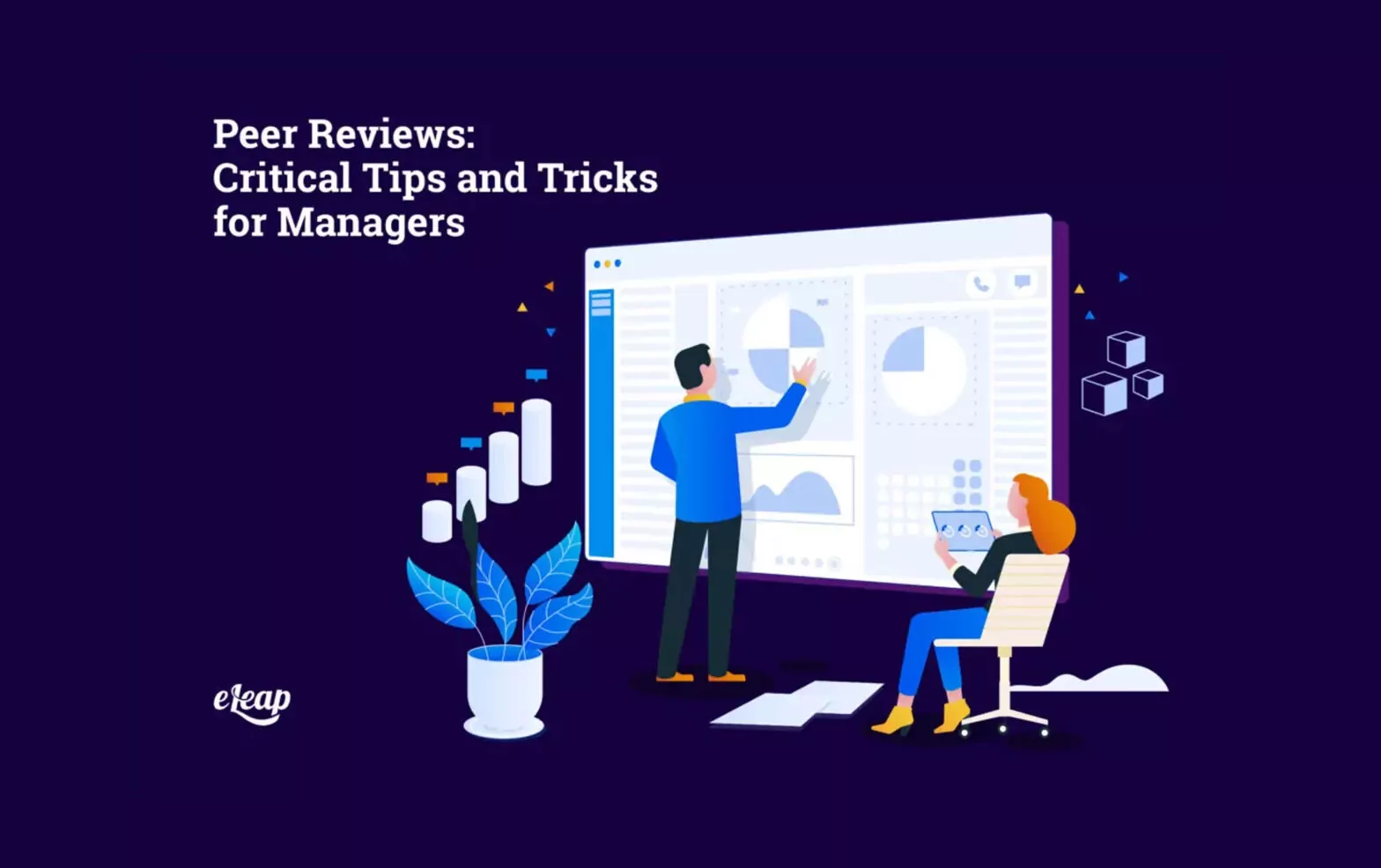
Performance reviews have evolved a great deal in the last few years. Once upon a time, annual or twice-annual reviews were the norm. Today, we understand that this is no foundation for success because they fail to offer actionable feedback promptly. They turn punitive and hold an employee’s success hostage to seemingly arbitrary demands for […]
-
Employee Evaluation Comments: Giving Intelligible Feedback Your Employees Will Value and Act On
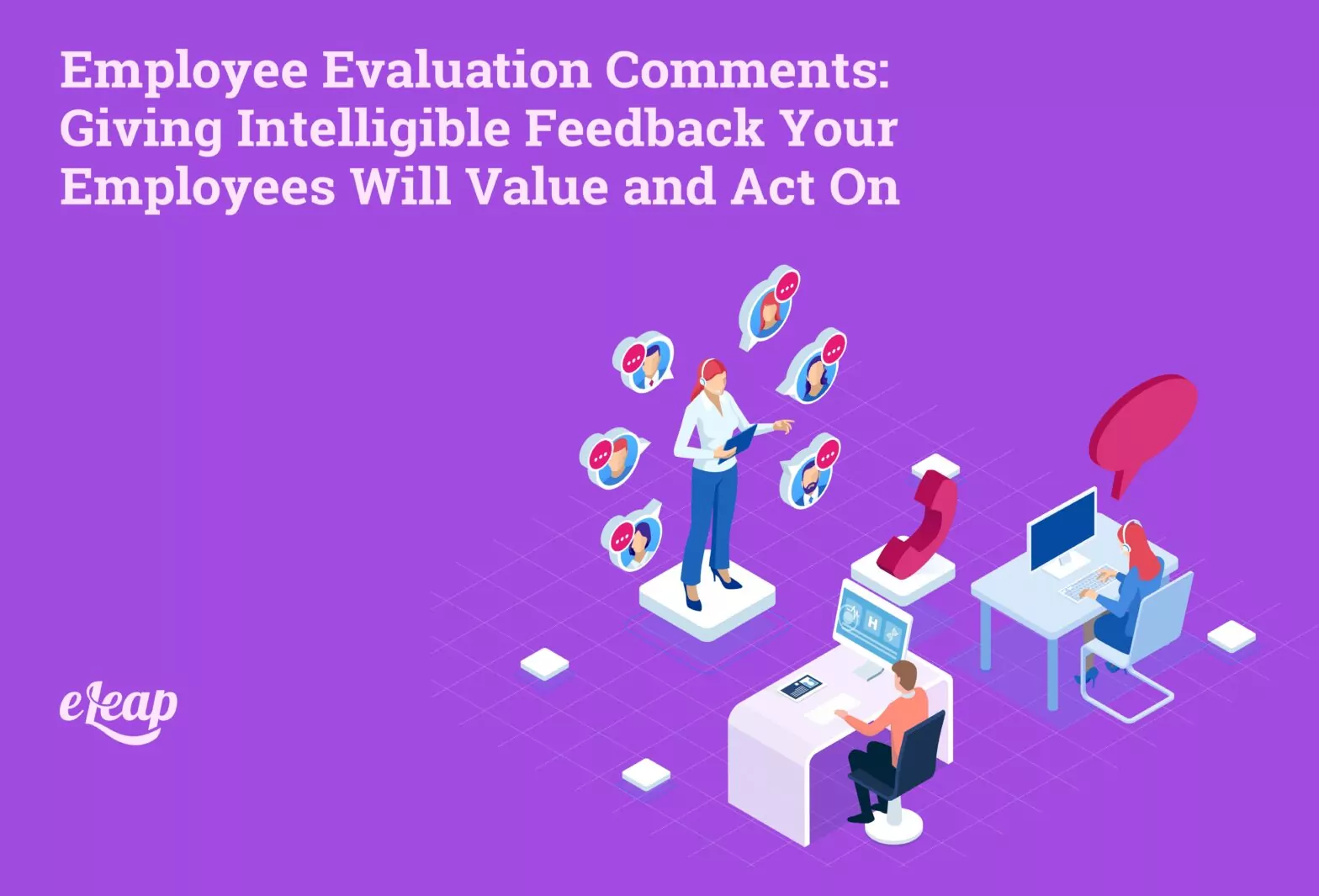
Today, it’s more important than ever before that you leverage your existing talent. Helping your current employees develop, grow, and improve their performance comes with a much lower price tag than onboarding new talent. Regular coaching and feedback are critical to that process, but sometimes the employee evaluation comments you provide are ambiguous, come across […]
-
How to Create and Implement Continuous Performance Reviews
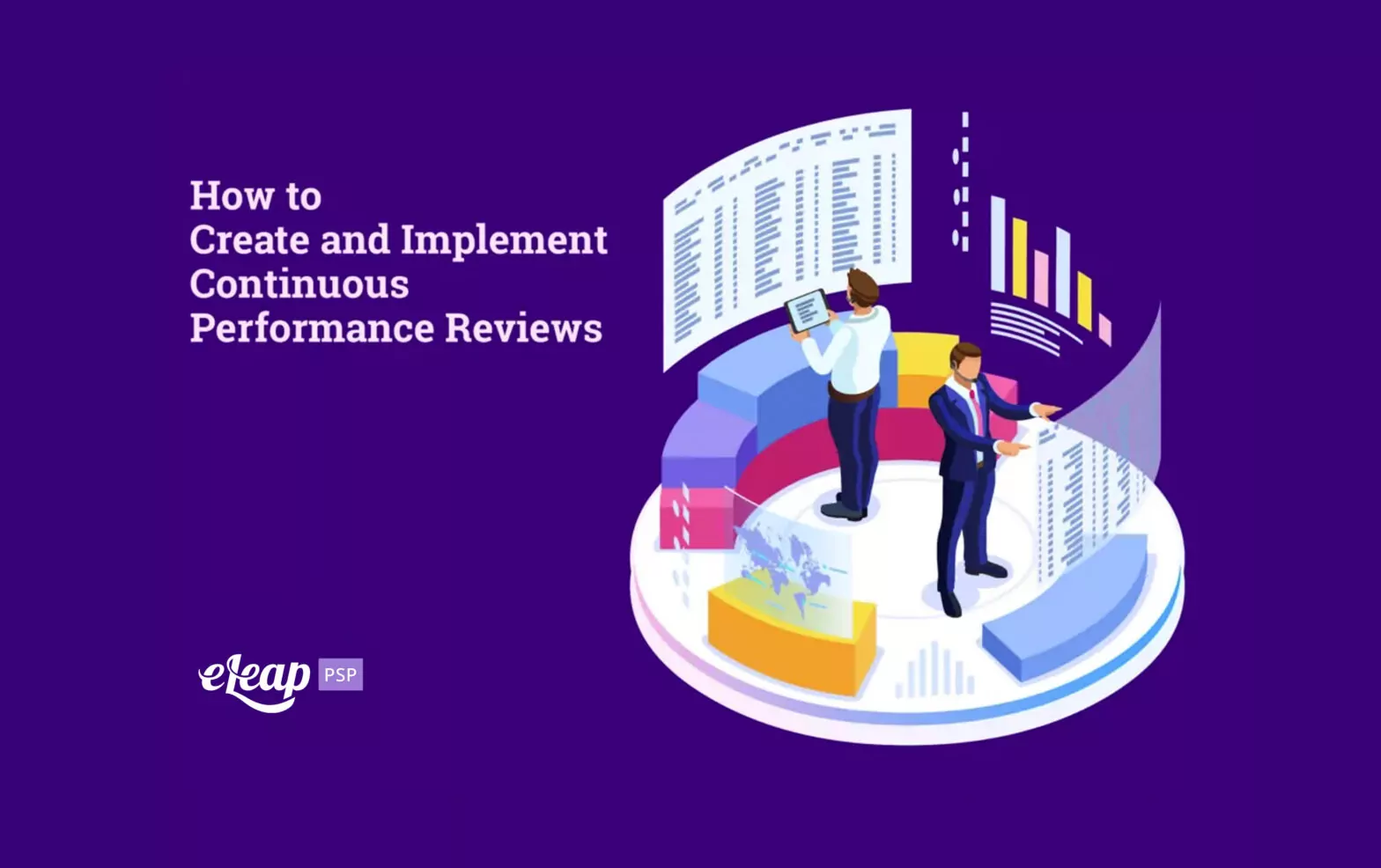
Managers have tried every strategy in the book to boost performance and motivate employees. When punitive efforts failed, they turned to ratings and rankings. The thinking was that low ratings would shame employees into performing better or that low rankings would foster a sense of competition with other employees, increasing performance. Explore how eLeaP’s Performance Management […]
-
The Manager’s Guide to Conducting the Best Possible Performance Review
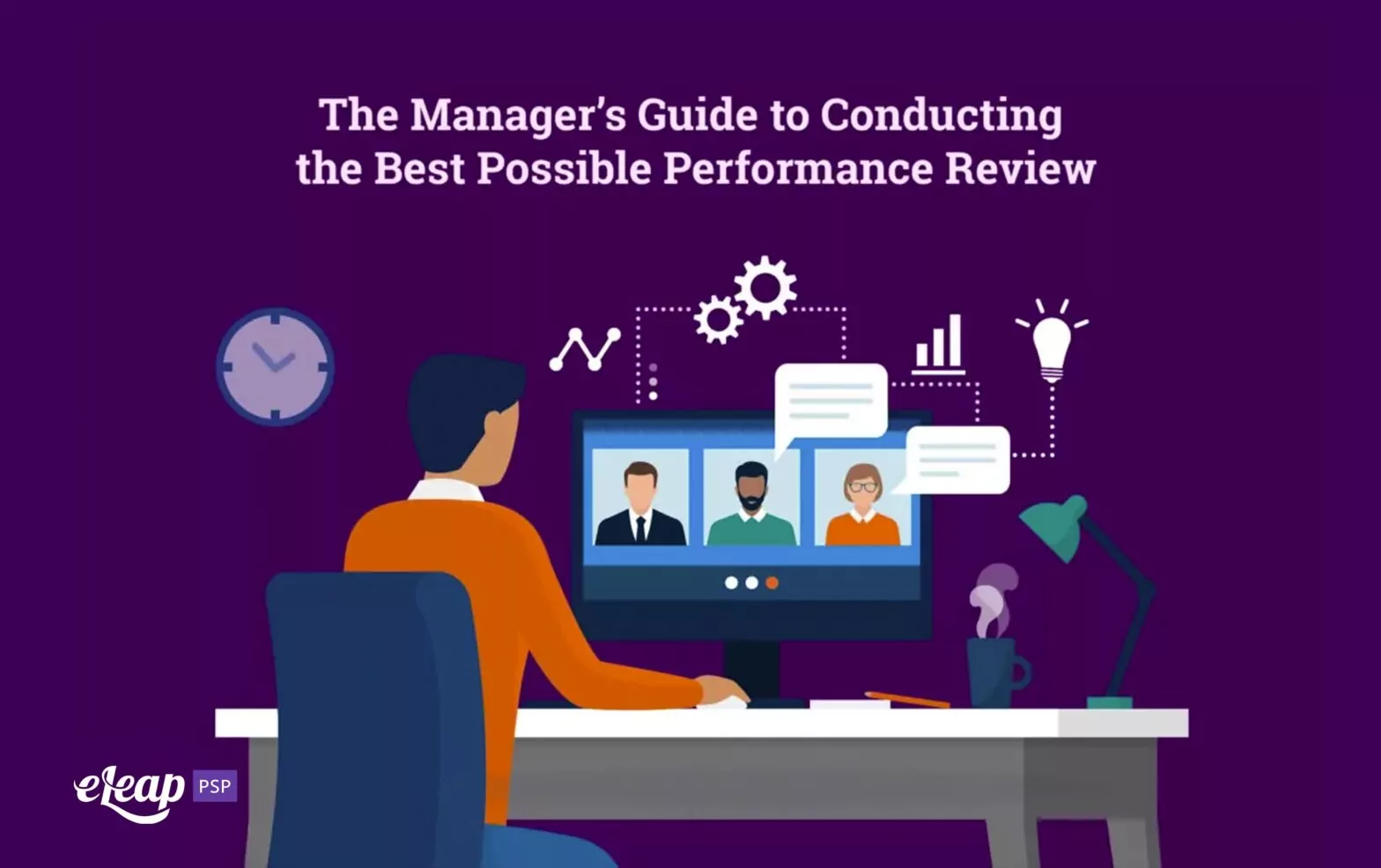
When was the last time you were excited about giving a performance review? More importantly, when was the last time one of your team members was excited to receive one? Chances are good it was never. That makes sense, particularly if you’ve been stuck in the rut doing annual performance reviews. Changing to check-ins and […]
-
A Scientific Approach to Employee Reviews
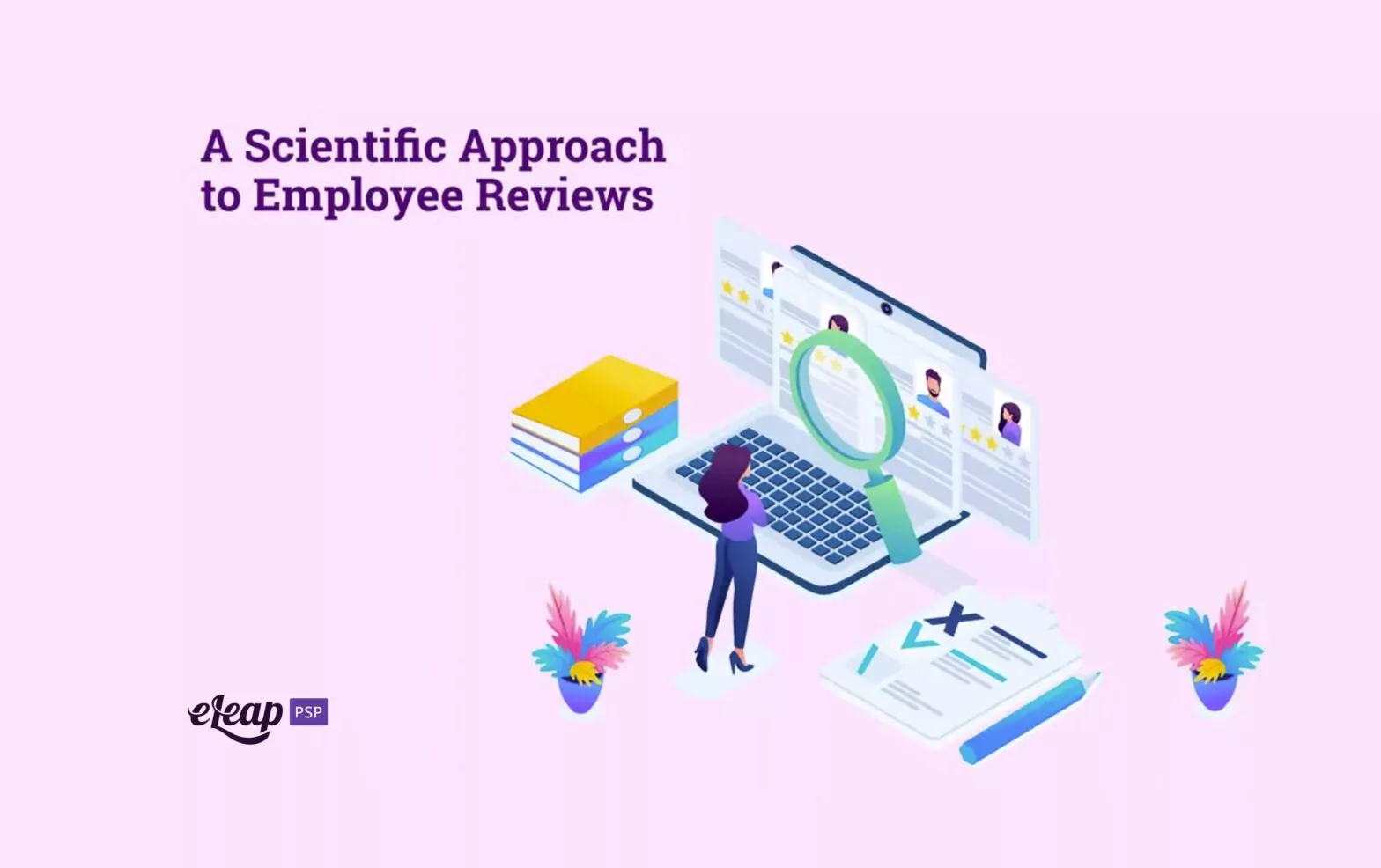
Employee reviews have been part and parcel of the performance management process pretty much since the dawn of time. They’ve also changed very little over the years. That alone should be enough to make you reconsider how you use them. However, mounting evidence shows that you might want to reconsider your approach for another reason […]